
Rowman & Littlefield Publishers, Inc.
Lanham Boulder New York Toronto Plymouth, UK
Published by Rowman & Littlefield Publishers, Inc.
A wholly owned subsidiary of The Rowman & Littlefield Publishing Group, Inc.
4501 Forbes Boulevard, Suite 200, Lanham, Maryland 20706
www.rowman.com
10 Thornbury Road, Plymouth PL6 7PP, United Kingdom
Distributed by National Book Network
Copyright 2012 by Rowman & Littlefield Publishers, Inc.
All maps by Matthew Renault
All rights reserved . No part of this book may be reproduced in any form or by any electronic or mechanical means, including information storage and retrieval systems, without written permission from the publisher, except by a reviewer who may quote passages in a review.
British Library Cataloguing in Publication Information Available
Library of Congress Cataloging-in-Publication Data
Fuller, Gary, 1941
The trivia lovers guide to the world : geography for the lost and found / Gary
Fuller.
p. cm.
Includes index.
ISBN 978-1-4422-1403-3 (pbk. : alk. paper) ISBN 978-1-4422-1404-0
(electronic)
1. GeographyMiscellanea. I. Title.
G131.F87 2012
910dc23
2011051863
 The paper used in this publication meets the minimum requirements of American National Standard for Information SciencesPermanence of Paper for Printed Library Materials, ANSI/NISO Z39.48-1992.
The paper used in this publication meets the minimum requirements of American National Standard for Information SciencesPermanence of Paper for Printed Library Materials, ANSI/NISO Z39.48-1992.
Printed in the United States of America

This book is dedicated to Barbara Fuller, whose creative and editorial assistance is gratefully acknowledged.

Acknowledgments
Thanks go to the following for reading and commenting on early drafts: Michael Fuller, Teresa Reddekopp, Kathleen Simi, John Fuller, and Matthew McGranaghan.
Inspiration for the book was provided by Ian Reddekopp, Alexandre Fuller, Emma Reddekopp, Hannah Simi, Isaac Reddekopp, Simon Fuller, Elliot Reddekopp, Sophie Bartels, Aidan Reddekopp, Sebastien Fuller, and Caleb Simi.
I am grateful to Jim Metzdorf for technical assistance.

Introduction
By definition, trivia is unimportant! Yet despite its seeming unimportance, trivia games of one sort or another are very popular. Theyre played at family gatherings, as fund-raisers for charitable groups, as big-prize television shows, among passengers on cruise ships, sometimes even at school. Geographic trivia questions seem to be especially popular and, often, especially difficult. Just as geography itself has always appealed to people who wonder whats over the next hill, geographic trivia reminds us of places weve visited or hope to visit someday. So, we challenge ourselves with difficult questions because its entertaining and enlightening to do so.
Trivia, if given the right contextthe right settingcan be magically transformed into something both important and interesting. In this book, I ask and answer 150 trivia questions, but I also provide a setting and an explanation for each answer. If youre not very good at trivia, youll certainly get better by reading this book. Not only will you be able to answer 150 reasonably difficult questions, youll find the explanations will allow you to answer many moreand make up a few of your own! If youre already a master of trivia, the explanations, maps, and tables will not only add to your mastery but expose you to ideas that you havent thought about before.
Trivia games sometimes turn into family room warfare, particularly when an argument develops over the correct answer. Im pretty sure all the answers Ive given were correct when I wrote them, but facts sometimes do change. If you have a complaint about an answer, email or write me in care of the publisher. Also, if you have a particularly good geographic trivia question, send it to me, and I may be able to include it in a future edition.
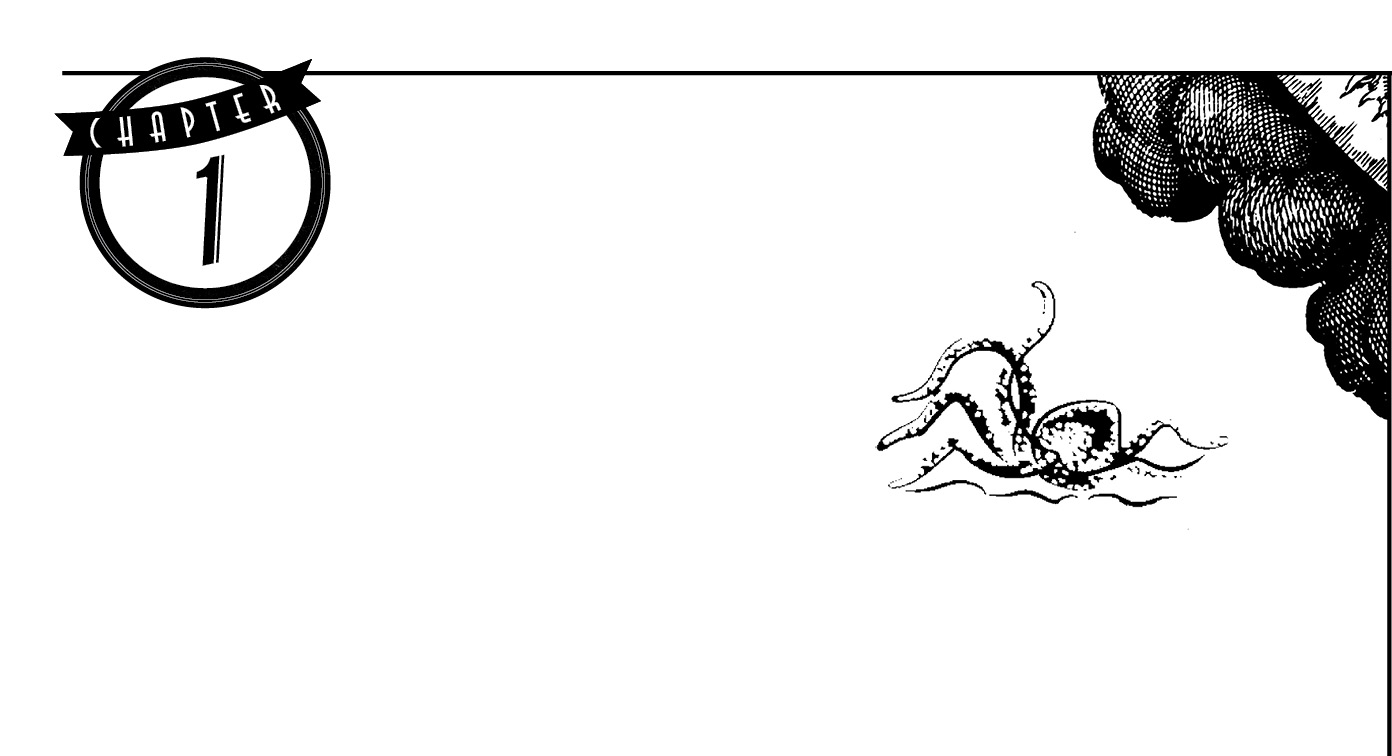
The Effects of
Geographic Ignorance
on the Modern World
Question 1: Where Is New Zealand?
Pat Sajak of televisions Wheel of Fortune seems about as unflappable as a game show host can get. With thousands of shows under his belt, what could possibly happen that was new? The category on the show one evening was Where are you? The puzzle consisted of three words that described a place, and there was a $1,000 bonus for naming the place once the puzzle was solved. A contestant solved the puzzle with minimal difficulty. The three words were: pineapple , aloha , lei . After some hesitation, the contestant offered Idaho as the answer. There was applause in the audience from those who apparently thought pineapples were a principal crop just outside Boise, but Pat Sajak was momentarily speechless! By the way, if you happen to be lost geographically, the correct answer was Hawaii.
Every television quiz show in the United States reveals the same thing: geographic ignorance is widespread. On Jeopardy! and Who Wants to Be a Millionaire , viewers can watch brilliant people answer obscure questions but then wash out when they confuse Switzerland and Sweden or think the Nile River is in Asia. This situation wouldnt be so bad except geography is pretty important stuff. It helps us understand how the world is organizedhow history, politics, economics, climate, and culture coalesce in specific places. Just as music has a very basic vocabulary of notes , so geographys vocabulary is made up of places . Without those places, its hard to understand religion and language and much of anything else that makes our world what it is. Most of the literature we enjoyfrom the classics to modern pulp fictionis enriched by a basic understanding of the places where the stories are set.
If geographic ignorance were limited to game shows, there would be no need for this book. Unfortunately, its sometimes where youd least expect it. A few years ago I was privileged to attend a meeting of State Department personnel. People chosen for State Department positions are highly educated, often from the best colleges and universities, but sometimes lack basic geographic information and understanding. During a lull in the proceedings, an informal discussion began about unusual languages. A number of interesting languages were mentioned, as one would expect from the collective knowledge at the table. Eventually they turned to me, as an outsider and the only geographer. I nominated Bislama, the pidgin language of Vanuatu. I told them the language developed as a result of the sea slug trade between the French and the Chinese and that the name of the language actually came from the French beche de mer, the sea slug itself. Hours later, after the meeting concluded, several participants congratulated me on my imaginative language story. Apparently nobody believed me; they assumed even the country Vanuatu had been made up. I couldnt convince them otherwise.
So what? Who cares about Vanuatu? Despite its collective talent, the US government has an alarming history of knowing next to nothing about areas it considers unimportant and then, oops , they become really important. Places such as Vietnam, Somalia, Rwanda, and Afghanistan seem like good examples, but in the past places such as Guadalcanal, Iwo Jima, Tarawa, and, yes, the New Hebrides, or Vanuatu, also come to mind. Ever since the world first shrunk dramatically in 1869 with the opening of the Suez Canal, weve seen places grow ever closer and ever more important to each other... and to us. So, yes, Vanuatu is important both to us and to the people that make it their home, even if the folks who work at Foggy Bottom are unaware of it.

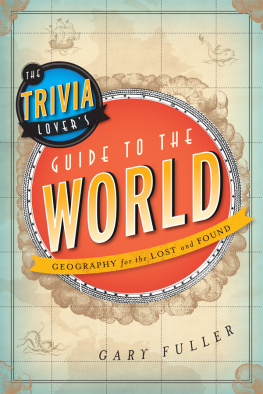
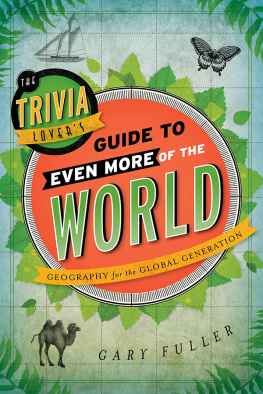

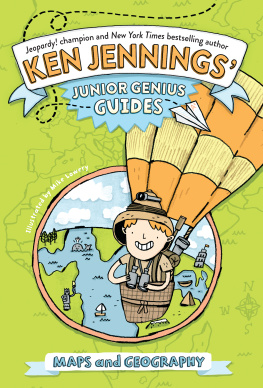
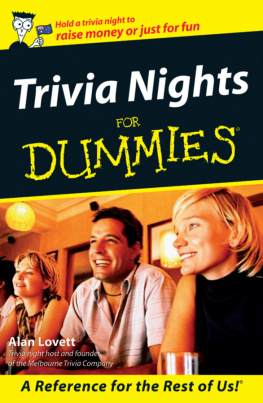
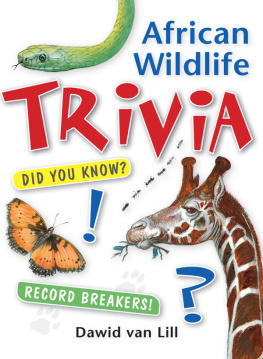
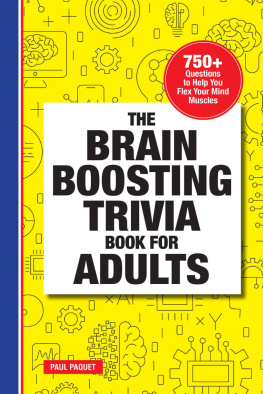
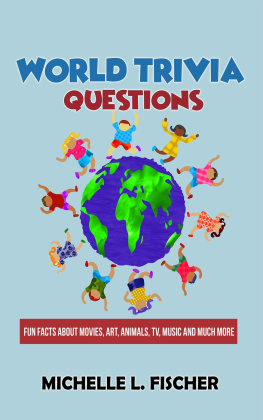
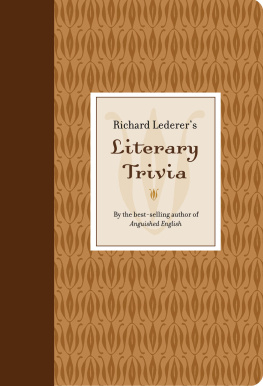
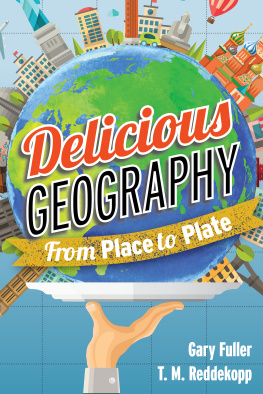
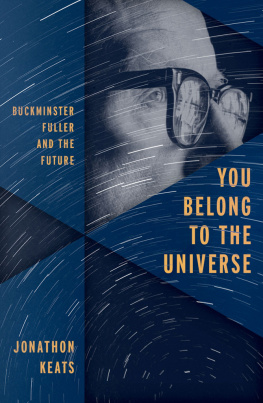
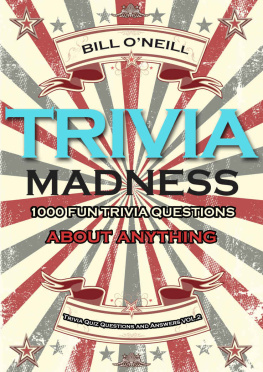

 The paper used in this publication meets the minimum requirements of American National Standard for Information SciencesPermanence of Paper for Printed Library Materials, ANSI/NISO Z39.48-1992.
The paper used in this publication meets the minimum requirements of American National Standard for Information SciencesPermanence of Paper for Printed Library Materials, ANSI/NISO Z39.48-1992.


